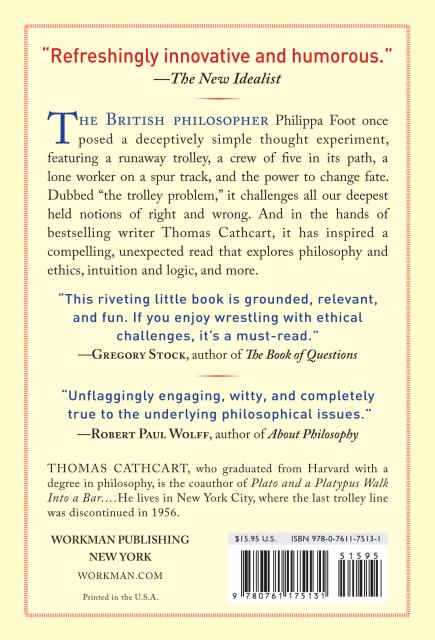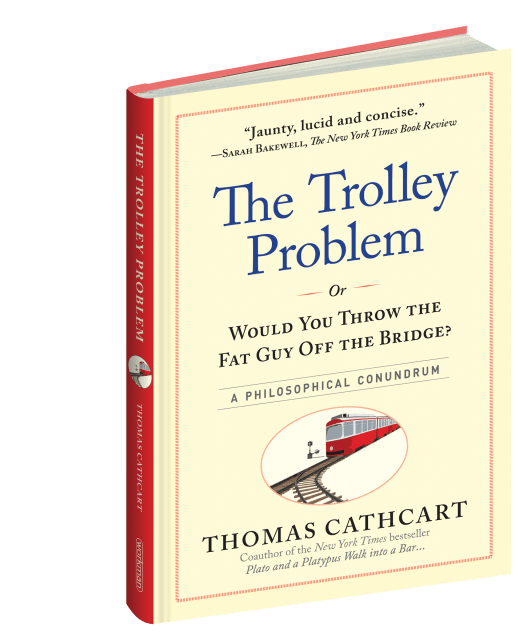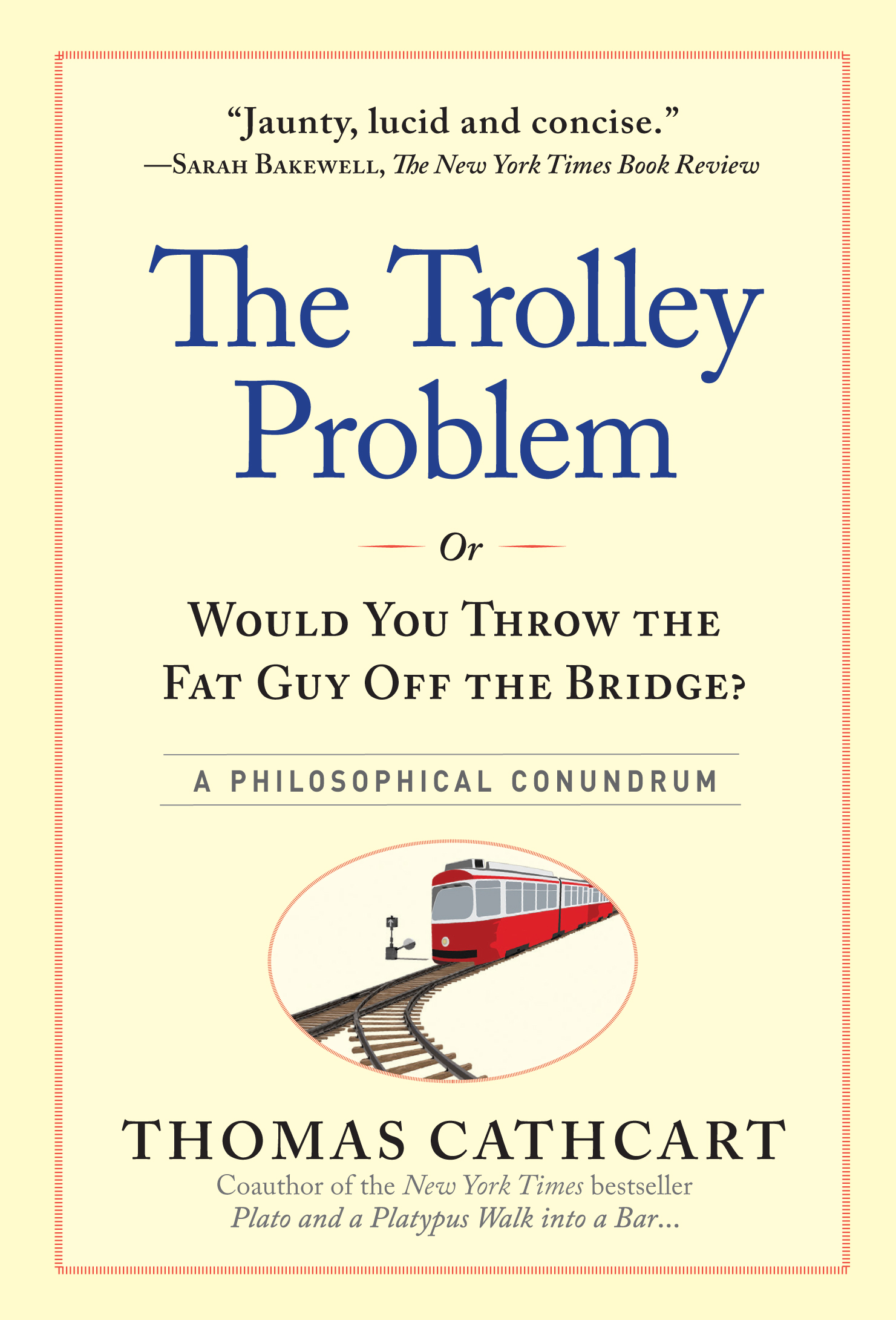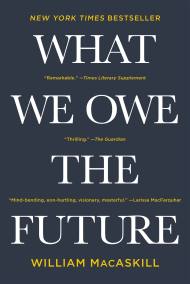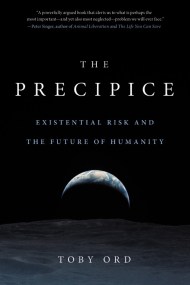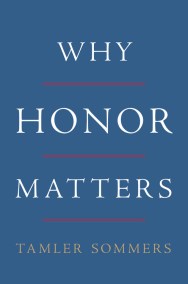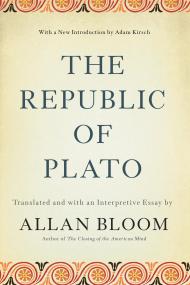Promotion
Use code MOM24 for 20% off site wide + free shipping over $45
The Trolley Problem, or Would You Throw the Fat Guy Off the Bridge?
A Philosophical Conundrum
Contributors
Formats and Prices
Price
$15.95Price
$21.95 CADFormat
Format:
- Hardcover $15.95 $21.95 CAD
- ebook $10.99 $13.99 CAD
This item is a preorder. Your payment method will be charged immediately, and the product is expected to ship on or around September 10, 2013. This date is subject to change due to shipping delays beyond our control.
Also available from:
A trolley is careering out of control. Up ahead are five workers; on a spur to the right stands a lone individual. You, a bystander, happen to be standing next to a switch that could divert the trolley, which would save the five, but sacrifice the one—do you pull it? Or say you’re watching from an overpass. The only way to save the workers is to drop a heavy object in the trolley’s path. And you’re standing next to a really fat man….
This ethical conundrum—based on British philosopher Philippa Foot’s 1967 thought experiment—has inspired decades of lively argument around the world. Now Thomas Cathcart, coauthor of the New York Times bestseller Plato and a Platypus Walk into a Bar, brings his sharp intelligence, quirky humor, and gift for popularizing serious ideas to “the trolley problem.” Framing the issue as a possible crime that is to be tried in the Court of Public Opinion, Cathcart explores philosophy and ethics, intuition and logic. Along the way he makes connections to the Utilitarianism of Jeremy Bentham, Kant’s limits of reason, St. Thomas Aquinas’s fascinating Principle of Double Effect, and more.
Read with an open mind, this provocative book will challenge your deepest held notions of right and wrong. Would you divert the trolley? Kill one to save five? Would you throw the fat man off the bridge?
Genre:
-
“Jaunty, lucid and concise.”—Sarah Bakewell, The New York Times Book ReviewThe New Idealist
“Thomas Cathcart's charming approach in The Trolley Problem is to dramatize the dilemma by presenting… a trial in the court of public opinion, complete with arguments from lawyers on both sides as well as a psychologist, a professor, a bishop, listeners to a radio call-in show and so forth…”
I>The Wall Street Journal
“The extremely engaging philosopher Thomas Cathcart… explores ethical conundrums in a refreshingly innovative and humorous manner.”
- On Sale
- Sep 10, 2013
- Page Count
- 144 pages
- Publisher
- Workman Publishing Company
- ISBN-13
- 9780761175131
Newsletter Signup
By clicking ‘Sign Up,’ I acknowledge that I have read and agree to Hachette Book Group’s Privacy Policy and Terms of Use

